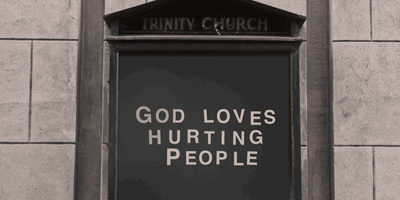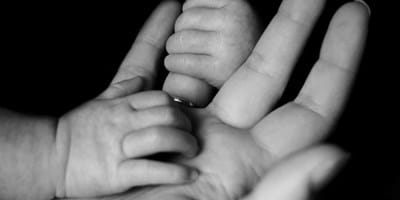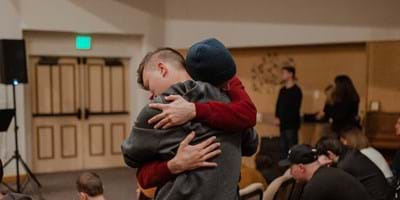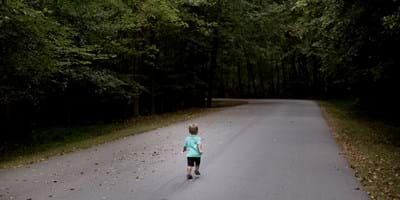Transcript
Stephen: God started this world differently from how it is now. In Genesis 1, one of the key truths that comes out is that God created a good world. It was a world without suffering, without brokenness.
Joel: I think everyone recognises that something has gone wrong. No one looks around and says, “This is perfect, I wouldn’t change anything.” No one looks at themselves and says, “I’m perfect, I wouldn’t change a thing.” Clearly, something has gone wrong—that’s not in dispute.
The question on a lot of people’s minds is: if God is all-loving and all-powerful, why didn’t he just create a reality where evil, and the pain and suffering that flow from it, weren’t possible? I think the fundamental reason is that God has given us free will. He wanted us to be creatures who love him freely, who choose to love him. In a reality where free will exists, yes, the potential for love exists—but so does the potential for evil. That’s part of our free will.
We are moral creatures. That’s what distinguishes us from the rest of the animal creation—we can make moral choices. We can choose between right and wrong. And we have chosen wrong. That is what has brought evil and suffering into God's good world.
Stephen: And yet, the great thing is that Genesis 1 begins with a good world, but by Genesis 3, you're already feeling the crushing consequences of sin—of man's free choice to rebel against God. With that comes brokenness, suffering, sorrow. But the amazing thing is, that’s not the end of the story.
Joel: Suffering is not God’s beginning, and it’s not God’s ending either. The Bible is the story of how God cares so much about our suffering that, in the person of his Son, Jesus Christ, he became one of us. He went to the cross and suffered for us. He didn’t remain distant or aloof, uncaring about our suffering. He entered into it in the fullest possible way.
Stephen: Because of Christ and everything God has done throughout the unfolding of Scripture, Christians have hope. This is not the end. This world is not the only world that ever will be. We have the hope of a new creation, where righteousness dwells.
Joel: Ultimately, God will get what he intended from the very start—he will have a reality where creatures freely choose to love him. And by his grace, he now enables them to do that in a full and complete way.
If God had looked ahead and thought, “If I create a world with free creatures, they will choose evil,” and then decided not to create, then evil wins anyway. Because evil would have stopped God’s plan. But in the beautiful arc of creation, the fall, redemption, and ultimately glorification, God gets what he wants. His original intention is realised.
What we’ve just said is a little bit abstract. Someone listening might be thinking, “But what about me? What about my suffering? I didn’t do anything to deserve what I’m going through.” That may or may not be the case.
But the reality is, when we look at the cross of Christ and see him suffering for our sins, we know that whatever the reason for our suffering, it’s not because God doesn’t love us. He was willing to give his Son to die on the cross. Jesus was willing to enter into suffering for us. So whatever the reason behind your personal suffering, it’s not that God doesn’t love you.
Stephen:
So that’s the reality of creation. God made a good world in the beginning. He didn’t create a world filled with sin—he filled it with goodness. He gave man free will. And despite our rebellion, despite the wreckage that is ultimately on our own heads, that’s not the end of the story.
Through Christ, God is redeeming and saving the world. The future is a world where there will be no suffering, no pain, no crying, no death.
Joel:
And when you put it like that, there’s a sense in which evil and wickedness are not so much things in themselves but the absence of something—the absence of God's will being fulfilled, the absence of his goodness.
If you have a car filled with rust and you remove all the rust, then you have a nice car. But if you remove all of the car, then you have nothing. In the same way, evil and suffering are like rust—something that corrupts what is good. And through Christ, God is going to remove it, restoring his creation so that his goodness can be fully enjoyed.



























